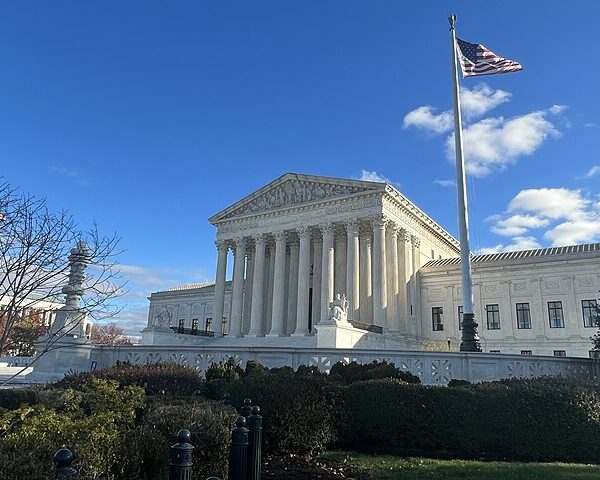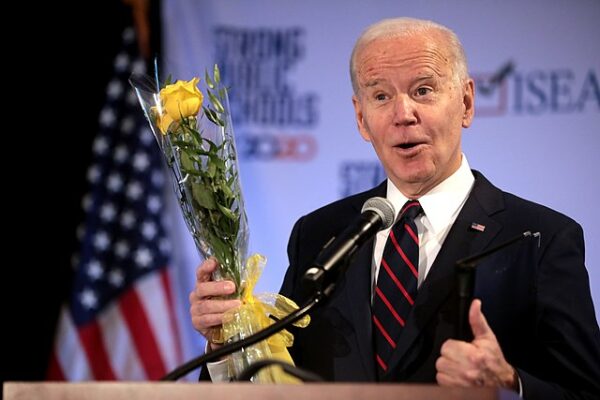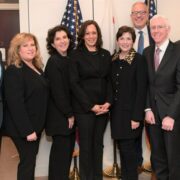
California Republicans are sounding the alarm over the alleged misallocation of $100 million raised through a high-profile wildfire relief effort, accusing the organizers of funneling donations to nonprofits rather than delivering direct aid to survivors. The controversy has cast a shadow over the star-studded FireAid concert and intensified scrutiny of how disaster relief is handled in the nation’s most wildfire-prone state.
According to a statement from the California Republican Party posted to Twitter, not a single dollar from the fundraiser has reached those who lost homes and livelihoods in the state’s devastating wildfires. “This is what corruption looks like,” the party charged, demanding a full investigation into what it calls a “mismanagement of public trust on a staggering scale.”
🚨 Fire victims lost everything, but not a single dollar from the $100 MILLION raised ever reached them.
California Democrats funneled it to nonprofits instead.
This is what corruption looks like. Thank you @FOXLA, @MarlaTellez, and Sue Pascoe for exposing it. pic.twitter.com/FbYTzjdq8I— California Republican Party (@CAGOP) July 21, 2025
At the center of the firestorm is the Annenberg Foundation, which managed the FireAid funds and reportedly dispersed money to over 120 nonprofit organizations—many of which, critics allege, have little direct connection to the victims themselves, according to reports. The foundation has not yet released a detailed breakdown of how recipients were selected or what metrics were used to determine impact.
Sue Pascoe, editor of Circling The News and a survivor of the Palisades fire, has emerged as a central figure in exposing the funding discrepancies. Spurred by reader inquiries and her own unanswered questions, Pascoe launched an investigation into the flow of FireAid money. In a recent interview with FOX 11, she revealed that no residents in her community had received aid and suggested that the system was more beneficial to nonprofit executives than to displaced families.
“This FireAid money is not helping the people. It’s helping nonprofits, many of which have executives who are getting a six-figure salary.” Pascoe said. Her findings have added fuel to public outrage and raised uncomfortable questions about transparency, donor intent, and bureaucratic inertia in the wake of disaster.
The backdrop to this controversy is a state government long dominated by Democratic supermajorities, which Republicans argue has enabled a pattern of fiscal mismanagement. From the faltering high-speed rail project to ballooning homelessness programs, GOP leaders say California’s ruling party has failed to deliver tangible results despite record spending. The FireAid debacle, they argue, fits that pattern.
The FireAid concert, held earlier this year, was widely promoted as a vehicle for immediate and long-term relief. Its celebrity endorsements and televised fundraising campaign netted tens of millions within weeks. An initial tranche of $50 million was distributed in February, followed by another $25 million, with promises of fast-tracked assistance. But victims say they have yet to see any of it.
Now, Republicans are calling for a forensic audit and legislative oversight to determine where the money went—and why those in need remain empty-handed.
As pressure mounts, the incident has triggered broader questions about the ethics of disaster philanthropy and the role of intermediaries in relief efforts. Can a system dominated by large institutions and high-profile donors truly meet the urgent, ground-level needs of victims? Or does it simply perpetuate a cycle of elite self-congratulation and administrative bloat?
With fire season approaching once again, and thousands of residents still rebuilding from last year’s blazes, those answers may come too late. But for now, Republican leaders insist, accountability must begin with a clear-eyed look at where the money actually went.
[Read More: Hunter Biden Reveals His Dad’s Drug Use]











